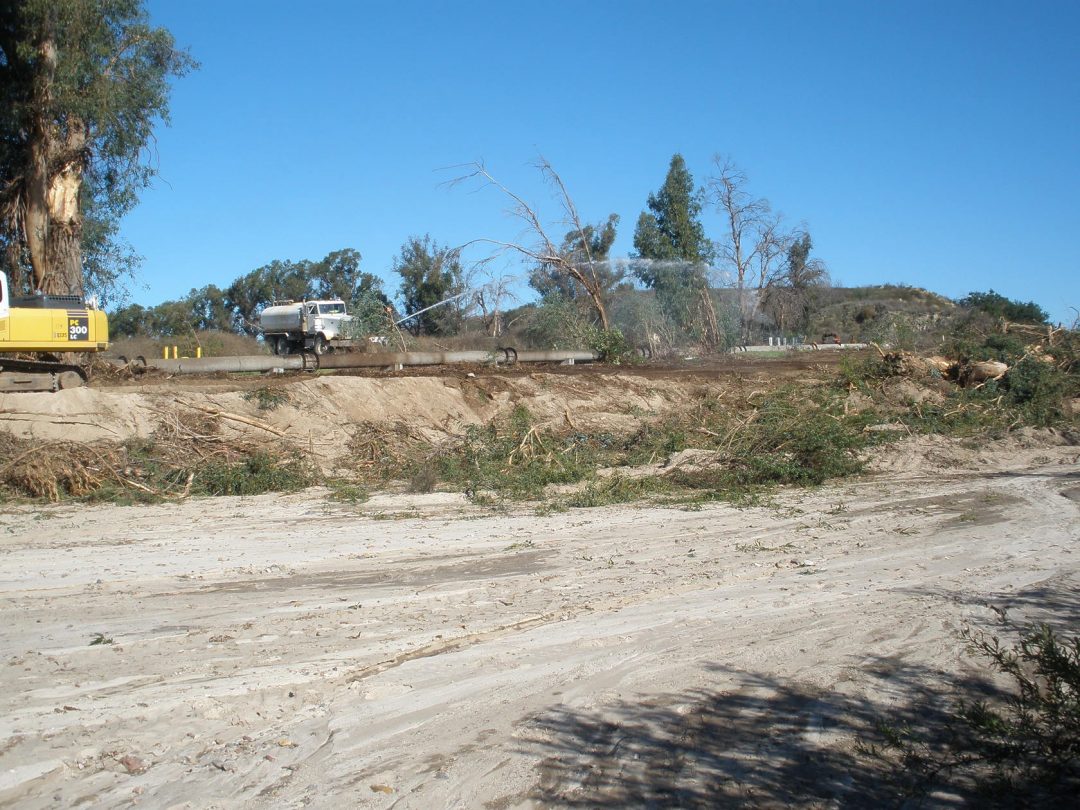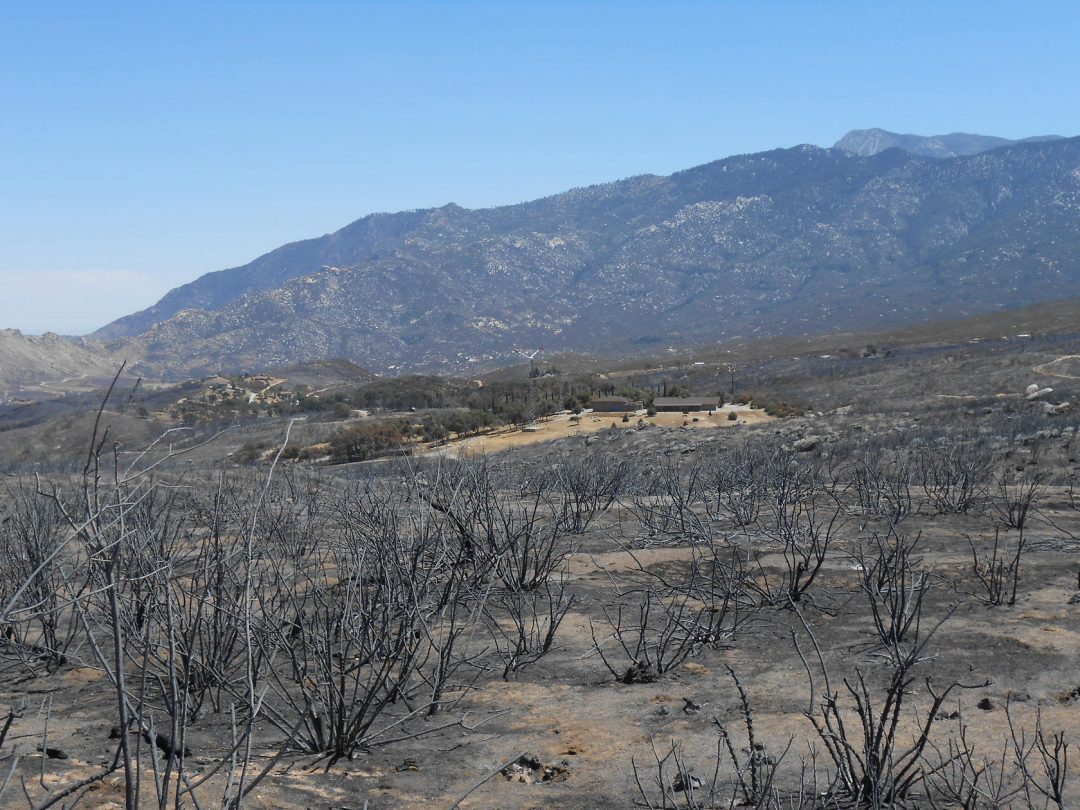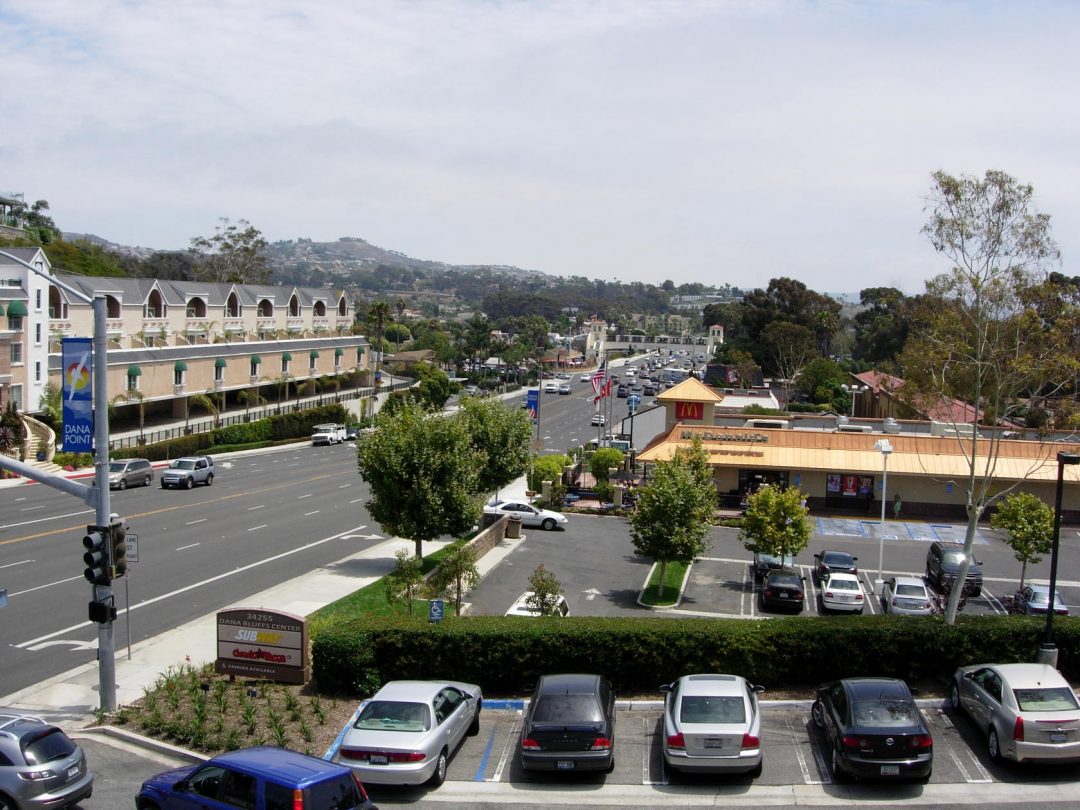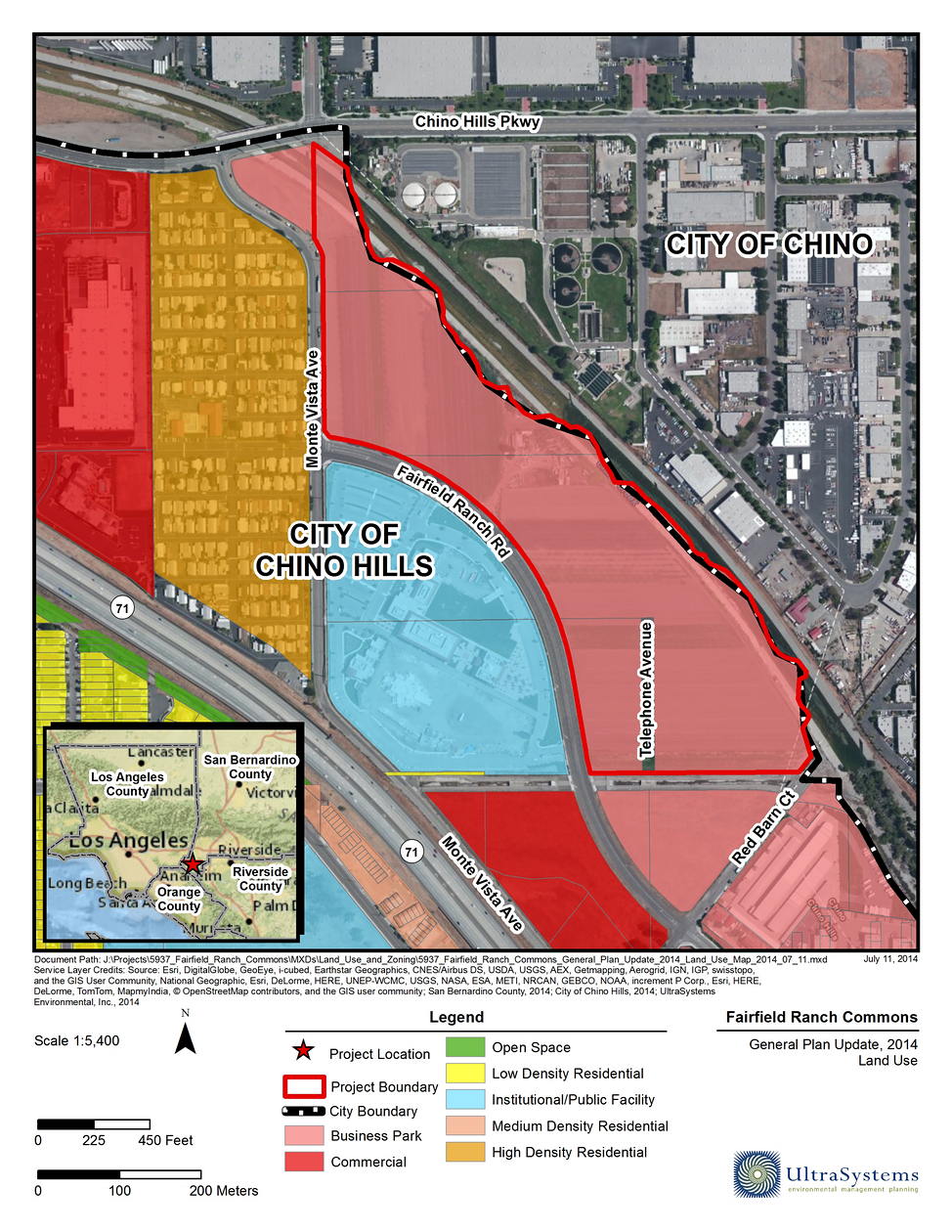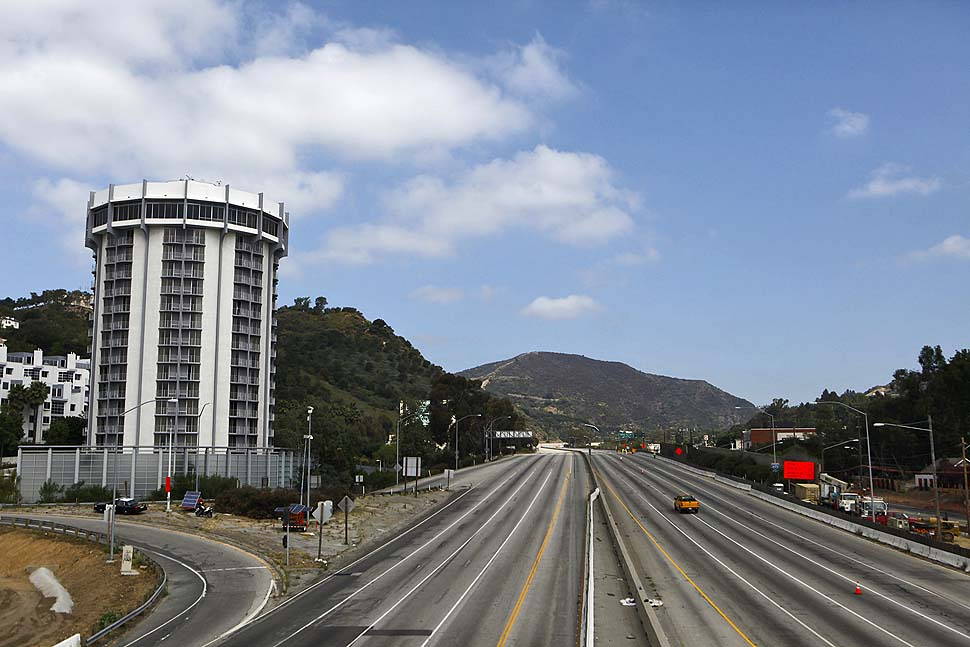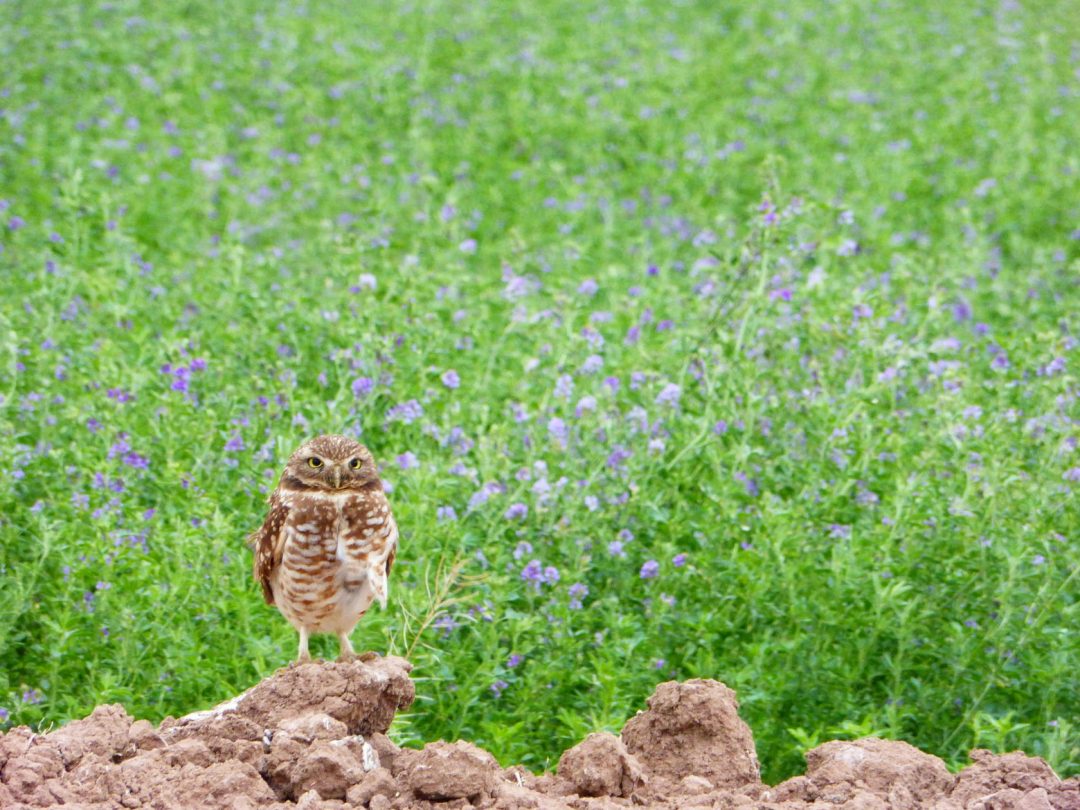Cameron Ranch Residential Development
From 2010 to July 2013, UltraSystems Environmental Inc. (UltraSystems) conducted a multi-phase jurisdictional water surveys to accurately identify and map the location, size, and extent of wetlands, hydrophytic vegetation, soil saturation, ponded water, hydric (anaerobic) soils, streambeds, banks and channels, recent water flow, areas of scour, and connectivity to larger tributaries within 687 acres of undeveloped mountainous terrain west of State Route 243 at Poppet Flats Road in Riverside County, California. In August 2013, the Silver Fire burned approximately 80% of local vegetation, and portions of the project area were resurveyed in 2015. The proposed project would include 154 residential properties and infrastructure on approximately 163 acres of mostly chaparral habitat.
Based on the surveys, eight ephemeral streams and their smaller tributaries form headwaters of Poppet Creek (Upper San Jacinto watershed), Potrero Creek (Middle San Jacinto watershed), and Twin Pines Creek (San Gorgonio watershed) which represent Waters of the U.S. (WOUS), Waters of the State (WOS), and/or Riparian/Riverine areas under the jurisdiction of the U. S. Army Corps of Engineers (USACE), Regional Water Quality Control Board (RWQCB), California Department of Fish and Wildlife (CDFW), and/or the County of Riverside. One wetland was identified although no wetlands were reported in the biological study area (BSA) in the National Wetlands Inventory (NWI) dataset. No vernal pools or associated vernal pool vegetation were observed. The extent of substantial populations of Mojave tarplant (Deinandra mohavensis), which is an annual flower designated as a State Endangered and Multi-Species Habitat Conservation Plan (MSHCP) species, were also delineated.
A Jurisdictional Wetland Report was prepared to identify temporary and permanent impacts to WOUS, WOS, and Riparian/Riverine areas, and comply with requirements of Sections 401 and 404 of the federal Clean Water Act, Section 1600-1616 of the Fish and Game Code, and Section 6.1.2 of the Western Riverside MSHCP. A Determination of Biologically Equivalent or Superior Preservation (DBESP) report was prepared to propose mechanisms to compensate for permanent impacts to Riparian/Riverine areas during and after project development.

